 Sign in
Sign in
Education
Health & Fitness
Surgery 101 Team
Welcome to Surgery 101, a series of podcasts produced with the help of the University of Alberta in Edmonton, Canada. The podcasts are intended to serve as brief introductions or reviews of surgical topics for medical students. We've aimed to cover a single topic in between 10-20 minutes so that you can quickly get a good idea of the basic concepts involved. Every episode is divided into chapters and concludes with several key points to summarize the topic. We are always keen to receive your feedback on our podcasts, and we are accepting suggestions for additional topics. New episodes are published every Friday.
'Surgery 101' was created by Dr Parveen Boora and Dr Jonathan White, and is supported by the Department of Surgery at the University of Alberta. Our 2010 series of podcasts are brought to you by the Undergrad Surgery Mobile Podcasting Studio Team which is: Jonathan, Jenni and Tracy, with the assistance of the Surgery 101 Experts of Edmonton.
Note to experts: please note that these podcasts are only intended as brief introductions for medical students - we cannot delve into the more complex nuances of advanced surgery in a 10-minute podcast. We encourage all listeners to supplement their learning by seeing patients, assisting at surgeries and reading widely!

117. Inflammatory Bowel Disease 5: Surgery for Crohn’s Disease
In this episode, Dr Jonathan White considers surgery for Crohn’s disease. After listening to this podcast, learners will be able to: • list the indications for surgery in Crohn’s disease • Outline the operative challenges of Crohn’s disease surgery • Explain the role of surgery in recurrent Crohn’s disease
20:2507/12/2012
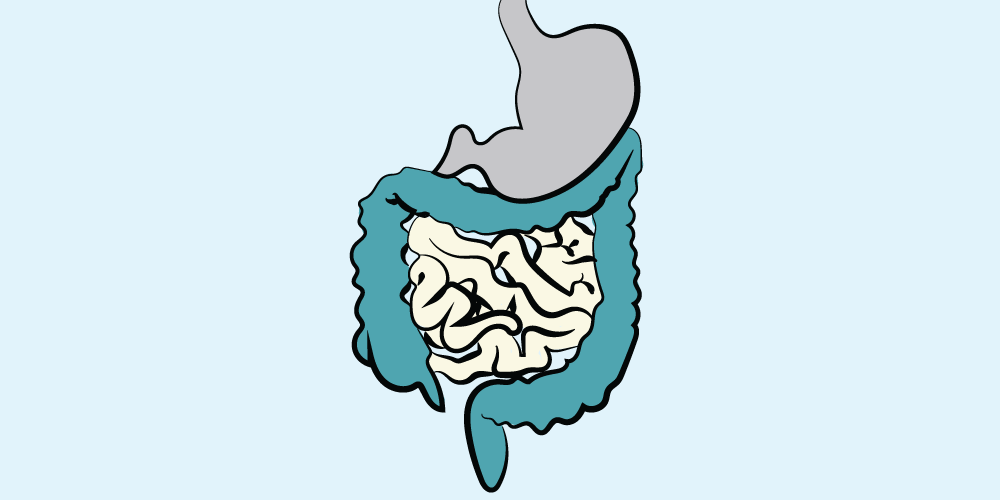
116. Inflammatory Bowel Disease 4 - The Surgeon’s Role
In this episode, Dr Jonathan White considers the surgical approach to inflammatory bowel disease. After listening to this podcast, learners will be able to: · Describe the surgeon’s approach performing surgery on patients with IBD · List some of the challenges of operating on IBD · Differentiate between the surgical approach to CD and UC · Outline the goals of surgery in IBD, and discriminate between emergency, urgent and elective IBD surgery
18:5830/11/2012

Surgery 101 Survey Results
Here are the results for the Surgery 101 Survey!
The winners are:
Mike Wong
Kate Elzinga
Images
16:4026/11/2012

115. Inflammatory Bowel Disease 3: Biological Therapy
In this episode, Dr Lana Bistritz considers the use of biological agents in the management of inflammatory bowel disease. After listening to this podcast, learners will be able to: Explain when biologic agents should be considered List three biologic agents used in the management of inflammatory bowel disease Describe common adverse effects of biological agents used in the management of inflammatory bowel disease List three current controversies relating to the use of biological agents (right-click to download)
16:4023/11/2012

Video: Guide to the Surgery 101 Network
Watch this to learn how to use the Surgery 101 Network.
To view within the app, click on 'Episode Links' or the little 'e' at the bottom right.
05:3920/11/2012

114. Inflammatory Bowel Disease 2 - Medical Management
In this episode, Dr Lana Bistritz considers the initial medical management of inflammatory bowel disease. After listening to this podcast, learners will be able to: List factors influencing the choice of treatment Describe the goals of therapy in the management of inflammatory bowel disease, discriminating between induction and maintenance of remission. Describe the indications for 5-ASAs, steroid s and immunomodulators in the management of inflammatory bowel disease Describe the adverse effects of 5-ASAs, steroids and immunomodulators used in the management of inflammatory bowel disease Running time 16:46
16:4716/11/2012

113. Inflammatory Bowel Disease 1 - Introduction
In this episode, Dr Lana Bistritz considers inflammatory bowel disease. After listening to this podcast, learners will be able to: Describe the epidemiology and pathogenesis of inflammatory bowel disease List risk factors associated with inflammatory bowel disease Describe the common symptoms of inflammatory bowel disease List common investigations used to make the diagnosis of inflammatory bowel disease List the cardinal features and complications of Crohn’s disease and ulcerative colitis Running time: 21:20
21:2009/11/2012

Video: A Guide to the New Surgery 101 website
In this video episode, Dr Jonathan White provides a short guide to the new features of the Surgery 101 website on Wordpress.
After listening to this episode, learners should be able to use the following features of the new site:
mini-courses
search
episode navigation and playback
tags and the tag cloud
commenting
social networking
app purchase
Running time 07:25
07:2618/10/2012

Help us and win a prize - the 3-minute Surgery 101 Survey!
Thanks for supporting SURGERY 101!
We are working with the School of Business at the University of Alberta to develop a plan which will allow us to keep providing Surgery 101 on a sustainable basis.
We are asking our users to complete to let us know how you are using Surgery 101, and to tell us what you think of our plans for the future.
The URL for the survey is :
It should take less than 3 minutes to complete the survey, so please fill it out NOW!
Two participants responding to this survey will be selected at random, and each will win a $25 gift certificate for iTunes. (Note: we will never share your email address with any other organization, and will only use it to contact you about Surgery 101.)
04:0918/10/2012

155. The Origins of Surgery 101
In this episode, Dr Parveen Boora considers how Surgery 101 got started.
Running time 8:43
08:4405/10/2012
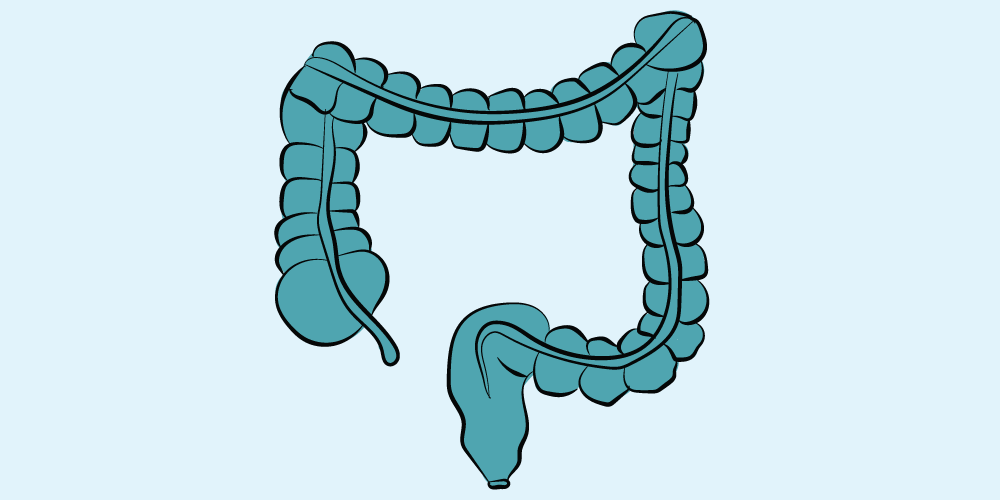
112 Anal Fistula III - Treatment
In this episode, Dr Jonathan White discusses how to treat the patient who presents with an anal fistula. After listening to this episode, learners will be able to: Describe how to determine the goals of treatment for the patient with an anal fistula Explain the meaning of the following terms: fistulotomy, seton suture Explain the difference between primary and secondary tracks Describe the use of tissue glue, fistula plug and advancement flaps in the treatment of anal fistula Running time 16:59
16:5928/09/2012

111. Anal Fistula II - Assessment
In this episode, Dr Jonathan White discusses how to assess the patient who presents with an anal fistula. After listening to this episode, learners will be able to: Describe the important elements in the history and physical examination in the assessment of the patient with an anal fistula Discriminate between simplex and complex anal fistulas Explain when to order an MRI to assess an anal fistula Explain how to assess an anal fistula in the operating room, and explain Goodsall’s rule Running time 20:34
20:5021/09/2012

110. Anal Fistula I - Basic Concepts & Anatomy
In this episode, Dr Jonathan White discusses basic concepts and anatomy relating to anal fistula. After listening to this episode, learners will be able to: Define what an anal fistula is Describe the clinical presentation of the patient with an anal fistula Outline the important anatomical landmarks of the anal canal and draw the ‘owl’ and ‘cucumber’ diagrams Explain how an anal fistula forms List the four common types of anal fistulas Running time 21:09
21:1014/09/2012
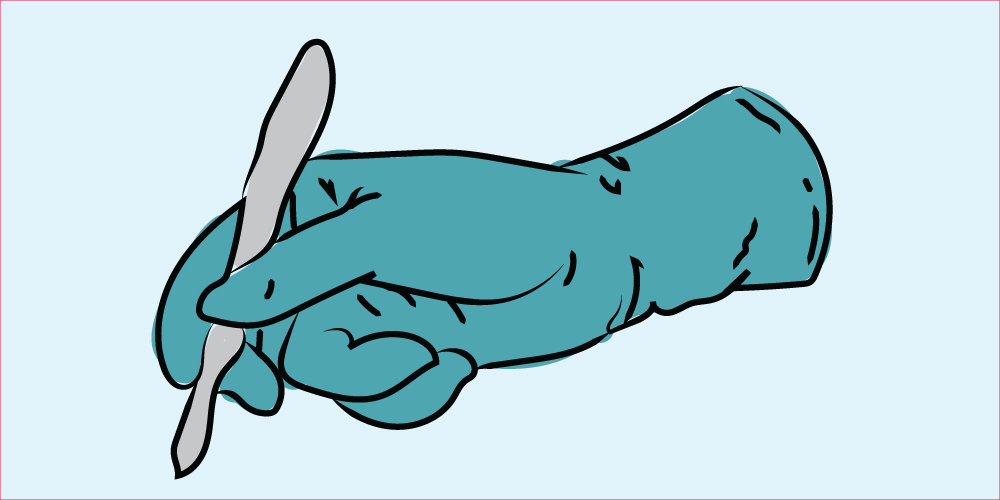
109. Hand Hygiene
In this episode, Dr Mark Joffe discusses the need for hand hygiene in hospitals and in surgery. After listening to this episode, learners will be able to: explain the importance of hand hygiene in preventing the spread of infection describe the evidence for the effectiveness of hand hygiene identify alcohol-based handrubs as preferable to handwashing using sinks list the 4 moments of hand hygiene explain how to use "Way In Way Out" in practising hand hygiene Running time 24:23
24:2407/09/2012

108. Peptic Ulcer Disease
In this episode, Dr Parveen Boora discusses peptic ulcer disease. After listening to this episode, learners will be able to: Describe the pathophysiology and common risk factors associated with peptic ulcer disease Describe the common non-acute clinical presentation of patients with peptic ulcer disease List three more complicated presentations of peptic ulcer disease Briefly outline the medical and surgical management of peptic ulcer disease Running time 15:41
16:4031/08/2012

107. Neurosurgery: Hydrocephalus
In this episode, Dr Jeff Pugh and Mitch Wilson, discuss hydrocephalus. After listening to this episode, learners will be able to: · Define the term ‘hydrocephalus' and list three mechanisms by which hydrocephalus can develop. · Describe the signs and symptoms of hydrocephalus and describe common diagnostic tests. · Outline the surgical options for the management of hydrocephalus. Running time 16:40
16:4124/08/2012

106. Neurosurgery: Increased Intracranial Pressure
In this episode, Dr Jeff Pugh and Mitch Wilson discuss increased intracranial pressure (ICP) in adults. After listening to this episode, learners will be able to: List the contents of the cranium Outline the major causes of increased intracranial pressure Describe the signs and symptoms of increased intracranial pressure Outline the medical and surgical management of the patient with increased intracranial pressure Running time 15:33
16:4017/08/2012

154. 7 Tips on the Surgery OSCE
In this episode, Dr Jonathan White provides tips to help students show what they know in the Surgery OSCE. Running time 7:08
08:2010/08/2012

105. Urology: Urinary Incontinence
In this episode, Dr. Keith Rourke discusses urinary incontinence in adults. After listening to this episode, learners will be able to: Define and describe stress, urge, overflow, and total incontinence. Perform the basic evaluation of an incontinent patient. Describe the medical and surgical treatment options for stress incontinence. Describe the medical treatment options for urge incontinence and overactive bladder. Running time 20:59
20:5903/08/2012

104. Urology: Prostatitis & Pelvic Pain
In this episode, Dr. Keith Rourke discusses prostatitis and pelvic pain. After listening to this episode, learners will be able to: Define and list the signs and symptoms of prostatitis syndrome. Describe the key differences between acute and chronic prostatitis. Outline the treatment options for chronic prostatitis and male chronic pelvic pain syndrome. Running time 17:53
17:5427/07/2012

153. The Objective Structured Clinical Examination in Surgery
In this episode, Dr Jonathan White considers the Objective Structured Clinical Examination in Surgery. Topics covered include: What is an OSCE? How is an OSCE constructed? Different types of OSCE stations Single-construct vs integrated stations Simulated patients Checklists and ratings scales Running time 9:32
09:3320/07/2012

103. How to Avoid Fainting in the OR
In this episode, Dr Tammy Morris discusses tips to stay on your feet in the OR. After listening to this episode, learners will be able to: Understand the factors that contribute to students passing out in the operating room. Be able to list several methods that students can employ to avoid fainting in the OR. Be able to describe the steps one should follow if one does feel faint in the OR. Be able to enter the surgery clerkship with a good understanding of the above objectives so that they will have diminished anxiety upon starting the clerkship. Running time 17:20
17:2013/07/2012

102. How to Read an Abdominal X-ray
In this episode, Dr. Kamran Fathimani discusses how to interpret abdominal X-rays. After listening to this episode, learners will be able to: list the common indications for abdominal X-ray. describe a simple system for abdominal X-ray interpretation. recognize common abnormalities on abdominal X-ray including bowel obstruction, free air and air-fluid levels. Running time 13:21
13:3506/07/2012

101. The Surgeon's Tale
In this episode, Dr Jonathan White reflects on his training and career to date in surgery and education, both in the UK and in Canada. After listening to this episode, learners will be able to: outline the role of serendipity in determining the trajectory of a individual's career in medicine. list some of the factors which may be useful in preparing for future unexpected changes in career direction. acknowledge differences in surgical training and practice between the UK and Canada. Running time 22:44
22:4401/07/2012

100. Disruptive Innovation in Healthcare and Medical Education
In this episode, Dr Jonathan White discusses the topic of disruptive innovation and how it can be applied to healthcare and medical education. After listening to this episode, learners will be able to: define disruptive innovation explain how the principles of disruptive innovation may be applied to healthcare and medical education express a positive attitiude to innovation and change Running time 20:01
20:0222/06/2012
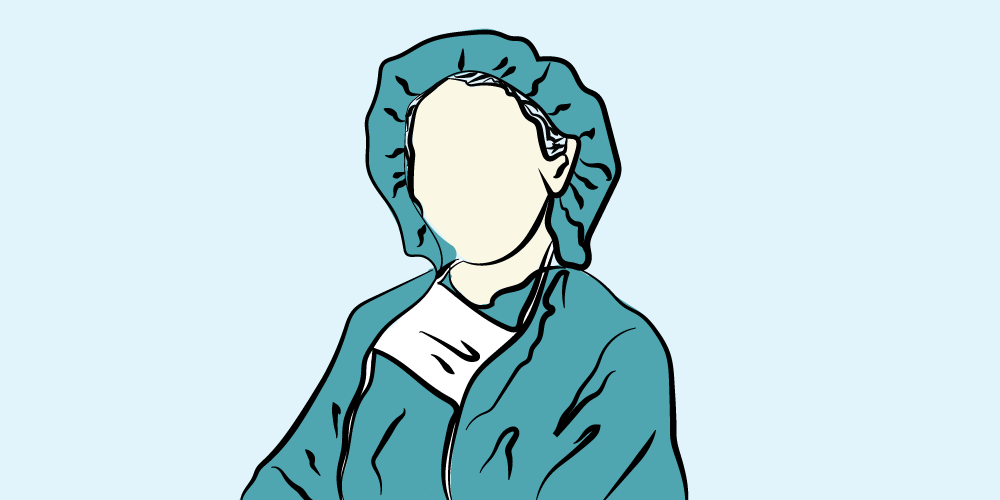
99. Survival Tips for Surgical Residency
In this episode, Dr Matt Hudson discusses transitioning into residency from medical school and making the most of your first year of surgical residency. After listening to this episode, learners will be able to: Be prepared for the first few months of residency Have some tips on how to be productive on the wards Have some tips on how to learn in the OR and in the lab Running time 14:47
16:4015/06/2012
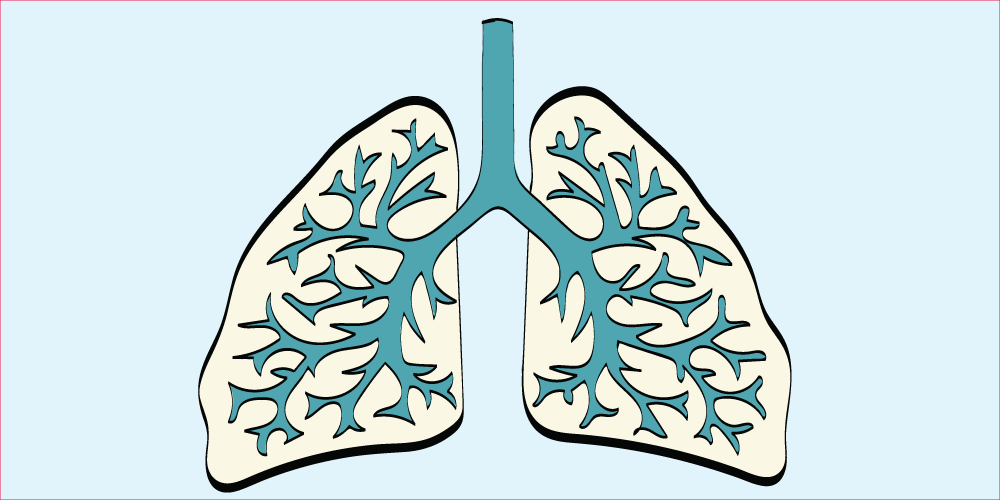
98. Pneumothorax
In this episode, Dr. Simon Turner discusses the diagnosis and treatment of pneumothorax. After listening to this episode, learners will be able to: Explain what a pneumothorax is Classify a pneumothorax by cause and by physiological effect Describe how a simple pneumothorax is treated Describe how a tension pneumothorax is treated Describe the steps involved in inserting a chest tube Running time:12:54
16:4008/06/2012

97. Abdominal Aortic Aneurysm
In this episode, Aaron Banmann discusses the diagnosis and management of abdominal aortic aneurysm (AAA). After listening to this episode, learners will be able to: Define what an aneurysm is Describe how an aneurysm develops and list the risk factors for aneurysmal disease Describe how a patient with an AAA can present Outline how the diagnosis of AAA is made Describe the surgical treatment of an AAA Running time: 15:30
16:4001/06/2012

96. Fecal Incontinence: Treatment
In this episode, Dr. Art Plewes discusses the management of fecal incontinence. After listening to this episode, learners will be able to: Describe non-surgical measures used to treat the patient with fecal incontinence Describe the operations used to treat the patient with fecal incontinence Running time 14:46
16:4025/05/2012

95. Fecal Incontinence: Assessment
In this episode, Dr. Art Plewes discusses fecal incontinence. After listening to this episode, learners will be able to: Describe the important elements of the history and physical examination in the patient with fecal incontinence, focusing particularly on the impact on the patient’s life Outline the investigations which are used to assess the patient with fecal incontinence Running time 14:56
16:4018/05/2012

94. Rectal Prolapse
In this episode, Dr. Art Plewes discusses the basics of rectal prolapse. After listening to this episode, learners will be able to: Describe the common symptoms associated with rectal prolapse Outline how to recognize a rectal prolapse on physical examination Discriminate between the different operations for the repair of rectal prolapse and describe how an operative approach is decided upon Running time 13:11
16:4011/05/2012

93. Islet Cell Transplantation
In this episode, Dr David Al-Adra discusses the role of islet cell transplantation in the treatment of diabetes. After listening to this episode, learners should be able to: list the complications of diabetes outline the indications for alternative (non insulin replacement) treatment of diabetes describe islet cell transplanation outine the advantages and disadvantages of islet cell transplanation Running time 14:54
16:4004/05/2012

92. Thyroid Anatomy
In this episode, Alexis Ford discusses the anatomy of the thyroid gland. After listening to this episode, learners should be able to: describe the anatomy and embryology of the thyroid gland describe the blood supply and nervous supply of the thyroid gland explain the relationship between the thryoid and parathyroid glands Running time 14:24
14:2427/04/2012

91. Twelve Tips for Clerkship Directors
In this episode, Dr Jonathan White considers what he learned from leading two surgery clerkships for 5 years, and offers tips to others starting out as clerkship directors.
Running time 18:14
18:2820/04/2012

90. Complications of Thyroid Surgery
In this episode, Dr Jeff Harris and Dr Peter Dziegielewski discuss the emergency complications of thyroid surgery. After listening to this podcast, learners will be able to: list three serious complications of thyroid surgery describe the diagnosis and initial management of severe hypercalcemia, neck hematoma and bilateral vocal cord paralysis Running time 26:41
26:1713/04/2012

2. Notes - Appendicitis - Surgery 101 Notes Sample
To celebrate the launch of the Surgery 101 app and Surgery 101 Notes, we are providing all of our iisteners with a free sample set of Surgery 101 Notes from one of our earliest episodes: Appendicitis.
To get the PDF for this episode, just click the PDF link below.
00:0011/04/2012

Special Announcement! The Surgery 101 App and Surgery 101 Notes
Dr Jonathan White makes a special announcment about the new Surgery 101 app for the iPhone and Android phones, and about Surgery 101 Notes. Please support Surgery 101!
Our new website can be accessed at and
08:2011/04/2012

152. Passing the Test: Tips on the Multiple Choice Examination
In this episode, Dr Jonathan White provides tips on how medical students can most effectively demonstrate their knowledge on a multiple choice examination. Topics covered include: Stems, items and distractors Clinical vignettes Tips for doing well on the MCQ Running time: 8:25
08:2510/04/2012
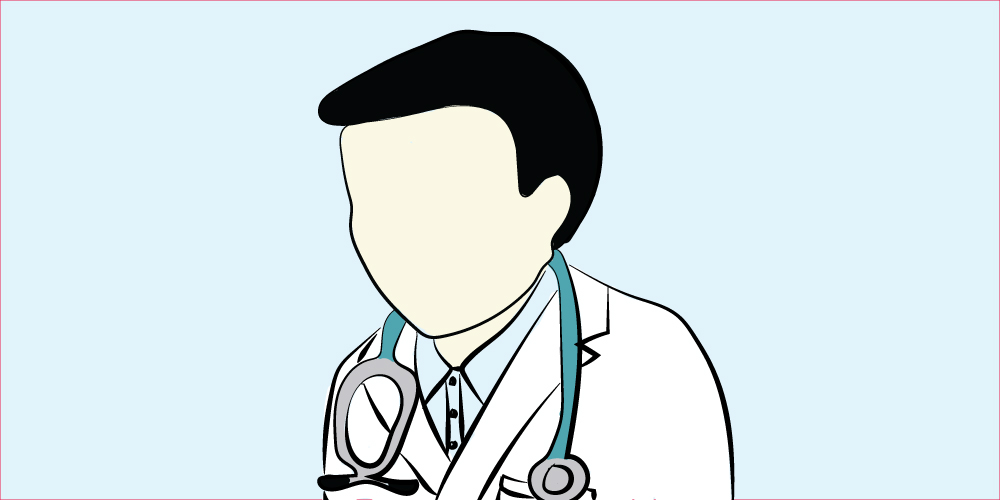
151. What’s on the Exam? Construction of the Multiple Choice Examination
In this episode, Dr Jonathan White describes how multiple choice examinations for medical students are constructed. Topics covered include: Learning objectives and exam blueprints Item difficulty Principles of exam construction Running time: 8:21
08:2110/04/2012

150. Will it be on the Test? Assessment Techniques in Medical Education
In this episode, Dr Jonathan White considers the various techniques used in assessing medical students. Topics covered include: The ideal assessment technique The multiple choice examination The objective structured clinical examination Workplace-based assessment Running time: 8:55
08:5510/04/2012

149. Meeting the Standard: Principles of Assessment in Medical Education
In this episode, Dr Jonathan White considers the principles used in assessing medical students. Topics covered include: "Assessment drives learning" Knowledge, Skills and Attitudes Learning Objectives Examination blueprints Standard-setting Running time: 8:51
08:5110/04/2012

What is Surgery 101?
In this episode, Dr Jonathan White considers:
“what is Surgery 101?”
and
“what is the best way to use Surgery 101?”
Running time: 5:57
05:5710/04/2012
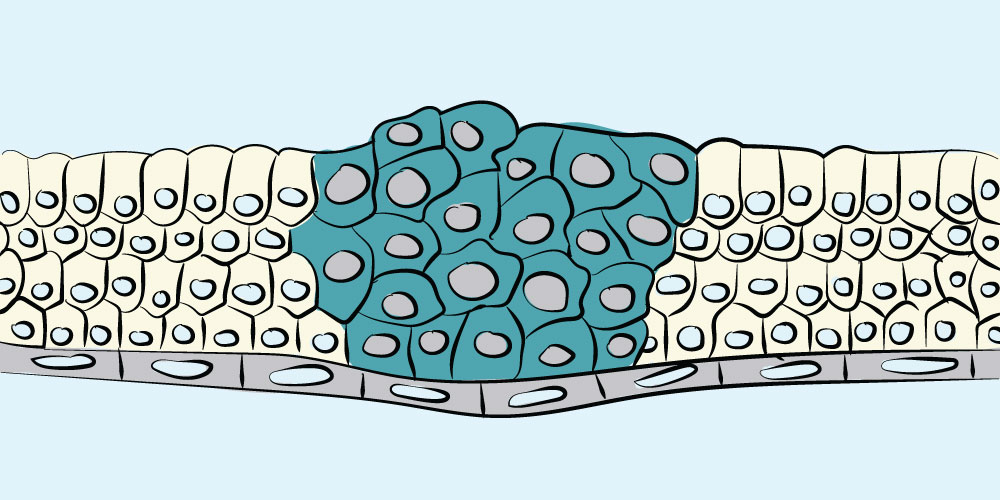
89. Principles of Cancer Surgery VIII: Kelvin's Story
In this episode, patient Kelvin tells us about his experiences of being diagnosed with and treated for cancer. Running time 18:27
18:2706/04/2012

88. Principles of Cancer Surgery VII: Shelly's Story
In this episode, patient Shelly tells us about her experiences of being diagnosed with and treated for cancer.
16:4030/03/2012

87. Principles of Cancer Surgery VI: Cancer Recurrence
In this episode Dr Jonathan White discusses the diagnosis and management of recurrent cancer. After listening to this episode, learners will be able to: explain the concepts of cancer cure and recurrence explain the concept of 5-year survival list the tests that can be used to re-stage disease recurrence describe how a patient with a cancer recurrence is managed Running time 15:39
16:4023/03/2012

86. Principles of Cancer Surgery V: Follow-Up
In this episode Dr Jonathan White discusses follow-up care for patients who have had cancer surgery. After listening to this episode, learners will be able to: explain the purpose of follow-up for the cancer patient list four main methods of cancer follow-up and describe how each is used Running time 13:18
16:4016/03/2012

85. Principles of Cancer Surgery IV: Pathology & Adjuvant Treatment
In this episode Dr Jonathan White discusses the post-operative pathology report and adjuvant treatment After listening to this episode, learners will be able to: explain how definitive staging information is obtained, and describe synoptic reporting interpret the key elements of a pathology report and explain them to a patient explain the purpose of adjuvant treatment for cancer, and describe the factors considered when deciding to give adjuvant treatment outline the role of the Tumour Board in planning adjuvant treatment for cancer differentiate between the morphology of a tumour and its biological behaviour Running time 17:51
17:5209/03/2012

84. Principles of Cancer Surgery III: The Cancer Operation
In this episode Dr Jonathan White discusses the cancer operation. After listening to this episode, learners will be able to: explain the importance of deciding on resectability and goals of surgery list the key parts of a cancer operation explain the use of frozen section and outline the concept of R0, R1 and R2 resection describe a typical post-operative discussion with the patient having cancer surgery Running time 13:15
16:4002/03/2012

83. Principles of Cancer Surgery II: Staging
In this episode Dr Jonathan White discusses staging in patients undergoing cancer surgery. After listening to this episode, learners will be able to: explain the purpose of staging outline how a cancer spreads list common imaging modalities used in staging describe at least two systems of cancer staging, including the TNM staging system be aware of the limitations of pre-operative staging Running time 11:46
16:4024/02/2012

82. Principles of Cancer Surgery I: Diagnosis
In this episode Dr Jonathan White discusses the general approach to making a diagnosis in patients undergoing cancer surgery. After listening to this episode, learners will be able to: list the four most common cancers briefly outline how to counsel a patient with suspected cancer explain the importance of diagnostic tests and pre-operative biopsy describe some basic steps in communicating a cancer diagnosis Running time 15:17
16:4013/02/2012





